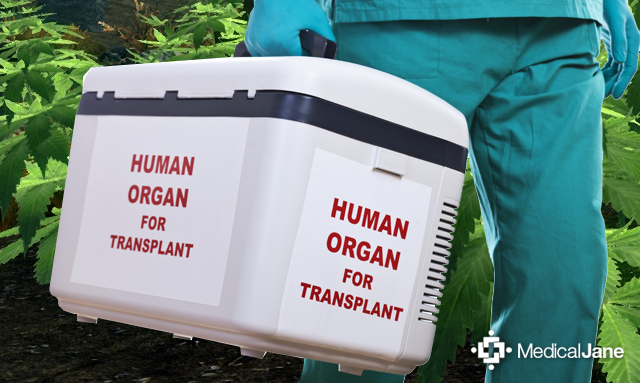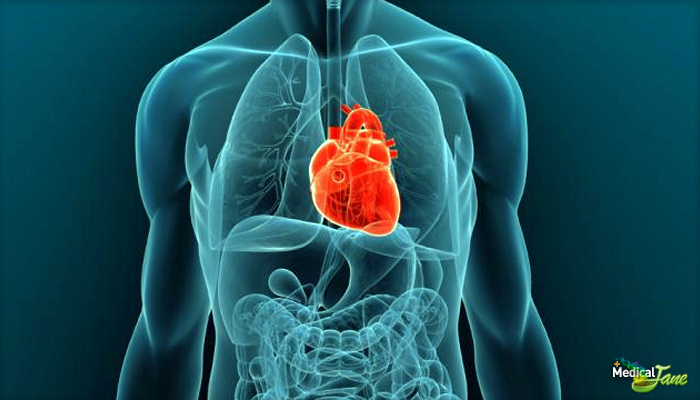Browsing Cannabinoid Research
ShareTweet
Systematic Review on Cannabinoid Use for Various Medical Conditions in Prominent Medical Journal
A systematic review/meta-analysis published in JAMA (Journal of the American Medical Association) in June 2015 evaluated the efficacy of cannabinoids in the treatment of various symptoms, diseases, and disorders. Results of the Review Using 28 databases to find and analyze 79 different trials with a total of 6,462 participants, the authors conducted the review on the use of cannabinoids for the following signs, symptoms, diseases/disorders: nausea and vomiting due to chemotherapy appetite stimulation in HIV/AIDS chronic pain spasticity due to multiple sclerosis or paraplegia depression anxiety disorder sleep disorder psychosis glaucoma Tourette syndrome They found: …
Study: THC May Help to Prevent Transplant Rejection
According to results of an animal study published in Journal of Leukocyte Biology in June 2015, the cannabinoid delta-9-tetrahydrocannabinol (THC) may be a safe and effective alternative or add-on therapy in the prevention of organ and tissue transplant rejection. What is Organ Transplantation? When a person’s organs or tissues begin to fail as a result of disease, a replacement from a donor may be needed in order to increase lifespan. Some commonly transplanted organs and tissues include the kidneys, liver, heart, and bone marrow. While some organs (like the heart) …
Review: Cannabinoid Use in the Management of Gastrointestinal Symptoms
A review published in Current Gastroenterology Reports in February 2015 examined the role of cannabinoids in the treatment of gastrointestinal (GI; the system involved in ingestion and digestion of food, and excretion of waste) symptoms like nausea, vomiting, and visceral pain (pain that originates from in/around organs) and found that certain targeted cannabinoid therapies may be useful in GI disease/disorder management. Background: Cannabinoid Effects on the GI System The researchers note that modulation of the endocannabinoid system (especially the type of cannabinoid receptor found most frequently in the gastrointestinal system, known …
Finding The Optimal Therapeutic Ratio Of THC And CBD
In last week’s post we explored the entourage effect and how all the compounds within the cannabis plant work together to give the plant its therapeutic versatility. But one question remains in minds of many medical cannabis patients: “what is the optimal ratio of cannabinoids for my needs?” The answer, like many questions in the world of medicine, is still being researched. Given the fact that tetrahydrocannabinol (THC) and cannabidiol (CBD) are the two most prominent chemical compounds in the cannabis plant, …
Cannabidiol (CBD) Significantly Reduced Cardiac Damage From Chemotherapy Drug Doxorubicin
A Saudi Arabian Study Found CBD Protects Against “Red Death” Being diagnosed with cancer, regardless who you are, can be devastating. Of course, some people take it better than others, but it typically means that you life will change forever, at least slightly. One of the worst parts about cancer is that the treatment often has terrible side effects. While there are a number different forms of chemotherapy, one of the most common is doxorubicin. It is administered through an IV and used to treat various types of cancer including: leukemia, Hodgkin’s Lymphoma, breast, thyroid, and brain cancer. While it …




